When Jenny Gilpin discovered she was the product of gang rape, it started her on a huge journey of healing in which she discovered the true fatherhood of God
Jenny Gilpin was 28 when she met her birth mother. She had discovered she lived at a cattle station – a bit like an American ranch – in rural Australia. Jenny knew next to nothing about her heritage; nothing about the generations of cattle owners, nothing about what her mother looked like…nothing about the reasons why she was removed from her at birth.
At three weeks old, Jenny had been adopted, nurtured by loving parents and given every opportunity in life. Her start in life remained unknown until the gaping holes in her past and identity grew bigger with time, revealing a deep-seated, complex relationship with rejection and perfectionism. So, when Jenny became a mother herself, she felt she owed it to her son to unearth her past and face her pain. She requested her birth certificate, discovered that her name at birth was Kim Anne Salter and with this information was able to track down her biological mother, Heather Salter.
Jenny met Heather in a café in the main shopping mall in Brisbane, nervous but optimistic; hoping and praying that her bravery would be a catalyst for healing. “She was small, five foot one, and I’m five foot nine – my height clearly didn’t come from her!” Jenny recalls. “I showed her pictures of me as a baby and she looked at them and cried – this is how she remembered me when I was taken away. She’d hidden so much trauma.” Jenny felt warmth and compassion for Heather, quickly connecting with her.
But when Heather brought up the topic of Jenny’s biological father, Jenny felt a little guarded. She had lost her beloved adoptive father at 16 and fatherhood was a tender subject. But nothing could have braced her for what came next.
“I was gang raped,” Heather told her, “and you were the baby.”
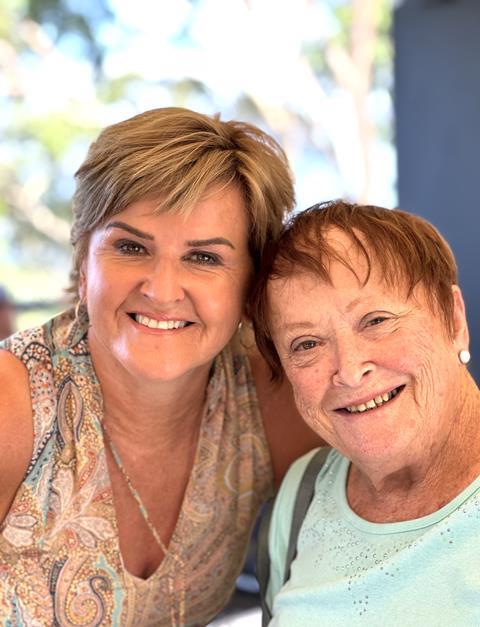
Open to the healing journey
Jenny’s adoptive parents were Christians and she was raised immersed in a loving, grace-filled environment. But Jenny didn’t fully encounter God’s transformational love for herself until she was 16. “I always felt some form of rejection while I was growing up, despite being loved and being a high achiever,” Jenny shares. “People didn’t realise that the achievement and perfectionism were born out of feeling like I had to prove myself. I felt that I wasn’t enough. This made it really hard to connect with people, and with God.”
Jenny found herself completely shutting down when her father died, isolated and unable to cope with the grief. “I deferred going to university to study economics and got a job instead. I would come home from work every day and go straight to my room and cry, but it was here, in this brokenness, that I discovered God so powerfully. It was like the Holy Spirit was waiting for me in my bedroom and I experienced a real closeness that has stayed with me and carried me through.”
Despite this profound, transformational encounter with God, the journey of healing was only just beginning for Jenny. Meeting Heather generated so much insight into why she was adopted. It wasn’t that Heather hadn’t wanted her, but rather that the trauma of the rape, and the taboo of being young and pregnant in rural Australia in the 1960s, was all too much for Heather to cope with. She had wanted Jenny to be raised by parents who would be able to love and nurture her free from the traumatic complexities of her conception, hence Jenny was placed for adoption.
When we face the challenges in our past we can choose whether to be a container for the trauma or allow it to be a springboard
“I realised that I had carried this trauma in my spirit from birth,” Jenny shares, explaining how knowing the truth can reveal deep pain at the same time as bringing healing. “It was the start of a huge journey for me. My initial response to knowing I was the product of gang rape was to feel so dirty and unwanted. But I covered myself in scripture, immersing myself in God’s voice; discovering his fatherhood.” Jenny spoke Jeremiah 1:5 over herself – “Before I formed you in the womb I knew you, before you were born I set you apart” – and allowed this truth to propel her forward.
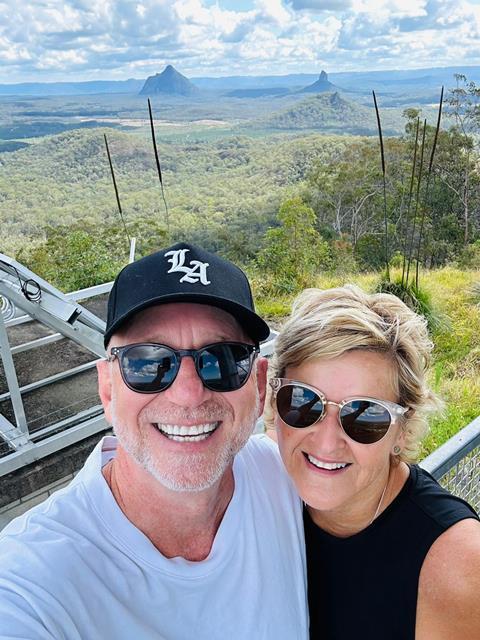
God’s redeeming hand
“Trauma can paralyse us. When we face the challenges in our past we can choose whether to be a container for the trauma or allow it to be a springboard.”
Jenny allowed the trauma of her past to be a springboard for the future: “It ignited a passion in me for other people like me.” In 1991 Jenny and her husband moved to Sheffield, UK, to establish a church. Jenny also felt compelled to reach out to girls who were suffering from life-controlling issues, supporting and empowering them to turn their lives around. This was the start of a thriving charity, which expanded to respond to the needs of victims of trafficking. “When I left we had 170 full- and part-time staff and had cared for thousands of victims of trafficking. We had multiple homes in the UK and wrote part of the British government’s legislation on victim care. It was very, very influential.”
I always felt some form of rejection while I was growing up, despite being loved and being a high achiever
Jenny recalls a particularly poignant moment. She walked into the foyer of one of their drop-in centres for trafficked women and saw 35 prams lined up. “I remember seeing the prams and it dawned on me that every one of those prams was indicative of a baby of gang rape,” she recalls. “I had this moment when I realised God had completely made my story fruitful. I used my past as a springboard and it changed absolutely everything. I had no idea how many lives were waiting on the other side of that choice.”
Loving the perpetrator
Four years ago, Jenny decided to have some DNA tests done. “I was curious,” she explains. “Curious about my heritage. Curious about why I was so tall!” she laughs. Unexpectedly, she found her father, but was never able to meet him as he had died a month before her discovery. But she found out she had seven half-brothers and through them she uncovered more of her past. “My birth father had been part of a gang. He’d made some really terrible mistakes in his life. You know, without Jesus, you make bad mistakes, right? He was abused by his own father and didn’t know how to make good choices.”
Remarkably, Jenny discovered various unexpected connections with her birth father; mutual friends and places their lives had unknowingly overlapped. She even found out that he had been sat in the congregation of a church in North Queensland ten years before when she had been preaching.
“The enemy doesn’t want grace shown. All along, I’ve felt a need to love the perpetrator as well as the victim. People find it hard to love the perpetrator.” But for Jenny, forgiveness has come quite naturally. “I didn’t hold anything against my birth father,” she explains. “I wouldn’t be here without him.”
Bringing God glory
There is something so real and honest about Jenny; she speaks boldly about God’s healing over her life, but she’s also realistic about the ongoing journey. “That’s why we need Jesus,” she says, “because it doesn’t end. So much has changed and healed, but some things are part of us. My story is a part of me; it makes sense that it will hurt at times. In recent years I’ve had to come face to face again with my struggles with rejection. But I’ve given it to God and he’s taken it and is transforming it; using the painful truths to bring healing beyond myself.” Her history is part of her – her conception, her adoption, her journey with rejection and perfectionism – but God is working through it all. “There is nothing God cannot use for his glory.”
Words by Jane Knoop



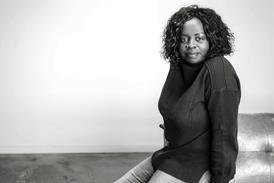
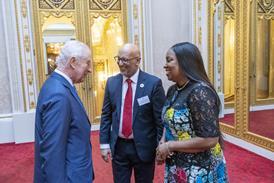





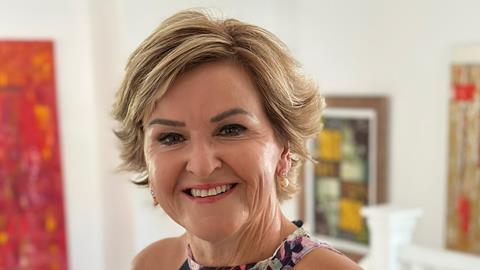

















No comments yet